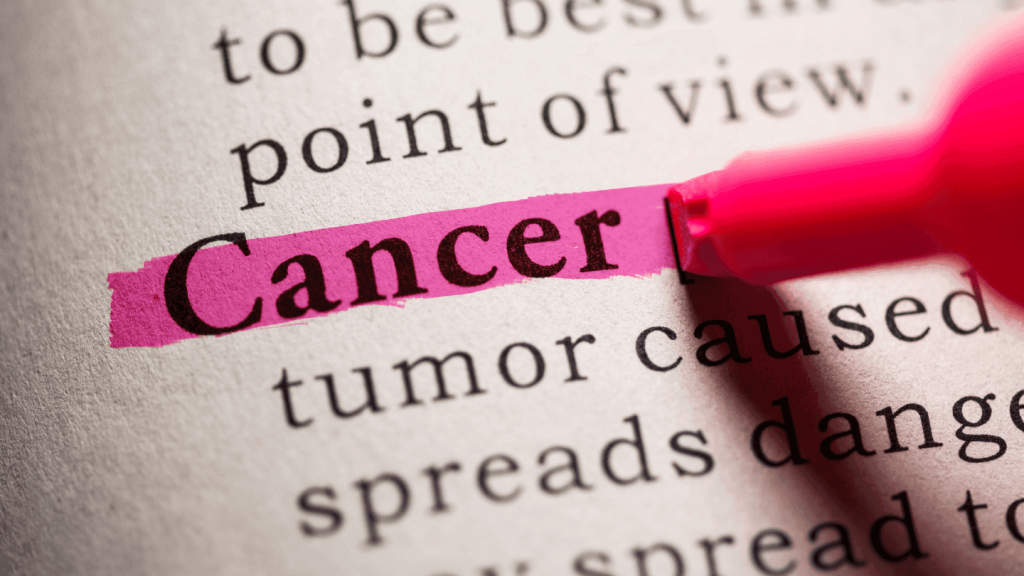A cancer diagnosis can be overwhelming, not just emotionally but financially. Even with standard health insurance, many costs—like treatment, travel, and household expenses—may not be fully covered. Cancer insurance is a type of supplemental health insurance designed to provide financial support so you or a loved one can focus on recovery rather than bills.
How Cancer Insurance Works
Cancer insurance typically pays directly to you, not your healthcare provider. These lump-sum payments can be used at your discretion, whether to cover medical expenses or non-medical costs like transportation, childcare, or household bills.
Some policies may include a waiting period before benefits are available, so it’s important to check the terms with your insurance provider.
What Does Cancer Insurance Cover?
Coverage varies by policy, but cancer insurance may help pay for:
-
Radiation and chemotherapy
-
Hospital stays and surgery
-
Prescription medications and lab tests
-
Co-pays and deductibles
-
X-rays and blood transfusions
-
Transportation and lodging for treatment
-
Childcare and household bills
-
Experimental treatments
-
Preventive screenings
-
Doctor appointments
Some policies may limit coverage to certain types of cancer or exclude pre-existing conditions. Always read the policy carefully to understand what is and isn’t covered.
Who Can Benefit from Cancer Insurance?
Cancer insurance can provide peace of mind and financial support during an already stressful time. It may be especially valuable if:
-
Family history of cancer: If relatives have had cancer, your risk may be higher, making supplemental coverage more important.
-
High-deductible health plans: If your insurance has high out-of-pocket costs, cancer insurance can help offset them.
-
Planning for the unexpected: Cancer can affect anyone, regardless of age, health, or family history. Being prepared can reduce financial stress.
According to the National Cancer Institute, 1 in 2 men and 1 in 3 women in the U.S. will develop cancer during their lifetime, highlighting the potential importance of supplemental coverage.
How to Get Cancer Insurance
You can often obtain cancer insurance through:
-
Employer group benefits: Sign up during open enrollment or after a qualifying life event (marriage, new baby, new job)
-
Individual plans: Purchase directly from an insurance provider
Consider comparing cancer insurance with other supplemental plans like hospital indemnity insurance or critical illness insurance to create a comprehensive financial safety net.
Cancer insurance can be an important tool to protect your finances and allow you to focus on recovery, giving you peace of mind in the face of uncertainty.







